Top Reasons a Washing Machine Is Leaking
Understanding the most frequent causes of washing machine leaks can help identify the issue quickly and determine whether a simple fix or professional appliance repair is necessary.
A leaking washing machine can significantly inconvenience homeowners by potentially causing water damage to floors, walls, and surrounding areas. Understanding the most frequent causes of washing machine leaks can help identify the issue quickly and determine whether a simple fix or professional appliance repair is necessary. By addressing these problems promptly, homeowners can halt further damage and extend the life of their washing machines.
Faulty Door Seal or Gasket
One of the most common reasons for washing machine leaks is a faulty door seal or gasket. In front-loading machines, the rubber gasket around the door creates a watertight seal when the door is closed. Over time, this gasket can become worn, cracked, or damaged, allowing water to escape during the wash cycle. Inspecting the gasket for signs of wear or damage is an essential first step in diagnosing a leaking washing machine. If the gasket appears compromised, replacing it may resolve the issue.
Overloading the Machine
Overloading a washing machine is a frequent cause of leaks that many homeowners overlook. When too many clothes are stuffed into the drum, it can prevent proper water circulation and cause an imbalance during the spin cycle. Excessive vibration from an overloaded machine can lead to water splashing out of the drum or seeping through weak points in the machine's seals. Adhering to the manufacturer's recommended load capacity can help prevent leaks and improve the washing machine's overall performance.
Damaged or Loose Hoses
The hoses that link the washing machine to the water supply and drain system are potential sources of leaks. Over time, these hoses can become brittle, develop cracks, or loosen at their connection points. Regularly inspecting the inlet hoses (which supply water to the machine) and the drain hose for signs of wear or damage is pivotal. Tightening loose connections or replacing damaged hoses can often resolve leaks and prevent more serious water damage.
Clogged Drain Hose or Pump
A clogged drain hose or pump can cause water to back up and overflow from the washing machine. Small items like coins, buttons, or excessive lint can accumulate in the drain system, impeding proper water flow. Clearing any obstructions from the drain hose and cleaning the pump filter (if accessible) can help resolve drainage issues and prevent leaks. For more severe clogs or pump problems, professional appliance repair may be necessary to thoroughly disassemble and clean the components.
Faulty Water Inlet Valve
The water inlet valve manages the flow of water into the washing machine. If this valve becomes defective or develops a crack, it may not shut off properly, leading to continuous water flow and potential leaks. A malfunctioning inlet valve can cause water to seep from the back of the machine or overflow from the drum. Replacing a faulty water inlet valve typically requires professional expertise to correctly access and install the component.
Cracked Tub or Drum
While less common, a cracked tub or drum can be a severe cause of washing machine leaks. Cracks can develop due to age, wear, or impact from foreign objects left in pockets. Leaks from a cracked tub may be challenging to detect initially, as they often start small and worsen over time. Suppose a crack in the tub or drum is suspected. In that case, it's vital to consult a professional appliance repair service, as replacing these components can be complex and may require weighing the cost against a new machine.
Loose or Damaged Internal Components
Various internal components within a washing machine can contribute to leaks if they become loose, worn, or damaged. These may include the pump, agitator seal, tub-to-pump hose, or water level switch. Identifying issues with these components often requires disassembling the machine, which experienced appliance repair technicians should handle. Routine maintenance and prompt attention to unusual noises or performance issues can help prevent more serious problems with internal components.
Improper Leveling
An improperly leveled washing machine can cause water to leak during the spin cycle. If the machine is not level, it may vibrate excessively, causing water to splash out or find weak points in the seals. Using a level to check the machine's position and adjusting the feet to achieve proper balance can resolve this issue. Proper leveling prevents leaks, reduces wear on the machine's components, and improves overall performance.
Detergent Issues
Using the wrong type or amount of detergent can lead to excessive suds, which may cause water to overflow from the machine. High-efficiency (HE) washing machines, in particular, require specific low-sudsing detergents. Using regular detergent or too much detergent in these machines can create an abundance of suds that may leak from the machine. Following the manufacturer's detergent type and quantity recommendations can help prevent this issue.
Addressing washing machine leaks promptly is fundamental to preventing water damage and maintaining the appliance's efficiency. While some causes of leaks can be easily identified and fixed by homeowners, others may require the expertise of professional appliance repair services. Regular maintenance, including inspecting hoses, seals, and gaskets, can help prevent many common issues. When faced with persistent or severe leaks, contacting a qualified appliance repair technician is advisable to diagnose and resolve the problem effectively. By understanding the potential causes of washing machine leaks and taking appropriate action, homeowners can extend the life of their appliances and avoid costly water damage repairs.
Freedom Appliance of Tampa Bay has 13 years experience in providing professional refrigerator and freezer repair, dishwasher repair, microwave repair, oven, stove, and range repair, washing machine and dryer repair, and other small appliances repair. We also specialize in kitchen and laundry appliance installation and dryer duct cleaning. .Call 813-302-7672 today!

